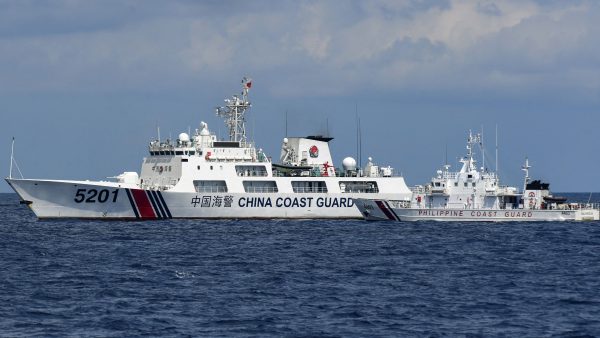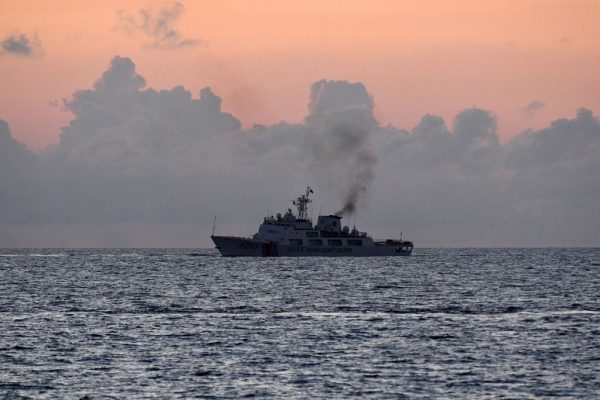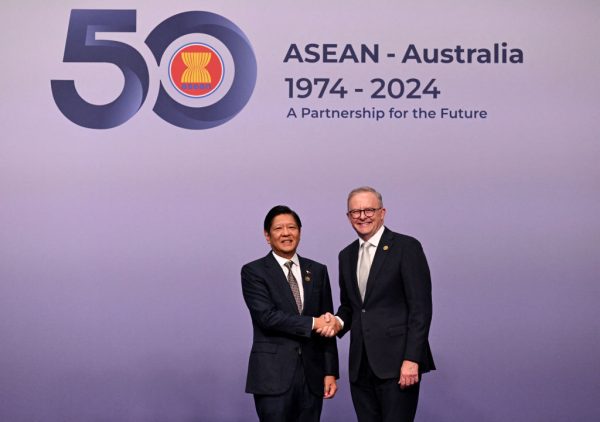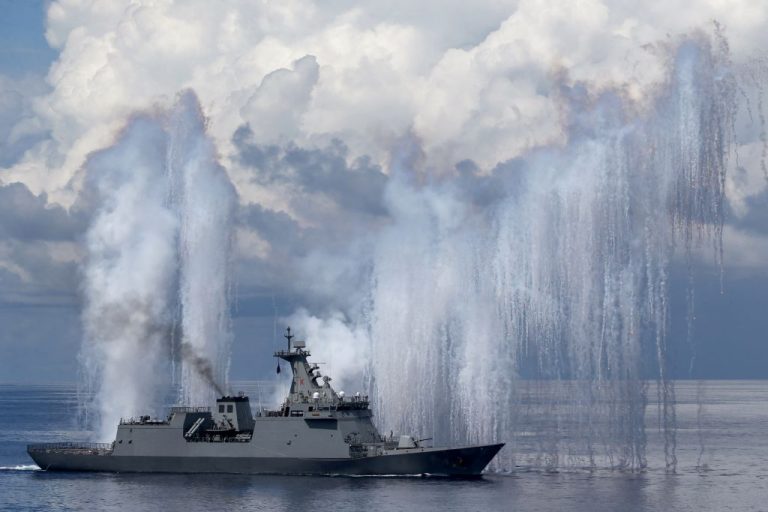On March 5, a clash involving Chinese and Philippine coast guard vessels resulted in injuries to at least four Filipino crew members. The confrontation occurred in the highly contested waters of the South China Sea where Southeast Asian leaders are gathering in Melbourne, Australia to discuss Beijing’s aggressive maritime conduct.
The Philippine officials reported that Chinese coast guard ships — accompanied by other vessels — blocked and executed hazardous maneuvers against their coast guard and supply vessels near the contested Second Thomas Shoal. This led to minor collisions with two of the Philippine vessels, which caused not only structural damage but also endangered the lives of the crew onboard.
In contrast, the Chinese coast guard’s statement revealed a different perspective, claiming that the Philippine ships had “illegally entered” its waters and accused the crew of ramming a Chinese vessel.
‘Unprovoked acts of coercion’
The Philippine government task force on territorial disputes described the Chinese actions as “another attempt to illegally impede or obstruct a routine resupply and rotation mission.” They went further to condemn “China’s latest unprovoked acts of coercion and dangerous maneuvers,” which they claimed, “put the lives of our people at risk and caused actual injury to Filipinos.”

Meanwhile, the Department of Foreign Affairs in Manila responded by going one step further and summoning China’s deputy ambassador to convey a protest against the actions of the Chinese coast guard, which it deemed unacceptable.
Success
You are now signed up for our newsletter
Success
Check your email to complete sign up
“The Philippines demands that Chinese vessels leave the vicinity of Ayungin shoal immediately,” a statement by the department said, using the Filipino name for the contested shoal.
The incident is part of a long-standing dispute over the Second Thomas Shoal, where the Philippines has stationed a marine and navy contingent aboard the BRP Sierra Madre — a marooned warship that’s been sitting there since the late 1990s.
RELATED: New Chinese Defense Minister Dong Jun Pledges Support for Russia on the ‘Ukrainian issue’
But China, which claims to be asserting its rightful ownership of the area, has encircled the atoll with its own ships — intensifying a standoff that has persisted for decades. The situation has not only heightened tensions between China and the Philippines, but has also drawn international concern from other countries in the region that share these waters.

Chinese Foreign Ministry spokesperson Mao Ning also hit back by accusing the Philippines of taking “provocative actions” and undermining China’s territorial sovereignty and maritime interests in the area. “China has taken necessary measures in accordance with the laws to safeguard its sovereignty and interests,” said Mao, adding, “There is no so-called Chinese harassment of the Philippine ships.”
Heightened tensions
Other countries, including the U.S., Australia, and Japan have expressed apprehension and concern over Beijing’s actions and repeated maritime offenses. U.S. State Department spokesman Matthew Miller articulated the broader implications during a daily briefing, stating, “the latest incidents demonstrated China’s reckless disregard for the safety of Filipinos and also for international law,” and criticized China for interfering with “lawful Philippine maritime operations.”

The territorial disputes in the South China Sea were poised for discussion at the Association of Southeast Asian Nations (ASEAN) summit, which is slated for October. Philippine President Ferdinand Marcos Jr., while speaking in Australia, emphasized his administration’s commitment to “managing threats” involved in his country’s national territory, while prioritizing dialogue and diplomacy in resolving ongoing disputes with China.
RELATED: Philippines Launches Second Joint Patrol with US, Beijing Retaliates With Military Exercise
“It is unfortunate that despite the clarity provided by international law, provocative, unilateral and illegal actions continue to infringe upon our sovereignty, our sovereign rights and jurisdictions,” said Marcos during a speech at the Lowy Institute international, a policy think-tank based in Melbourne.
For decades, China has asserted control over almost all of the South China Sea — a key global maritime route. But the stance conflicts with the territorial claims of surrounding countries, including Philippines, Vietnam, Malaysia, Taiwan, and Brunei — each of which claims parts of the islands, reefs, and underwater assets in the region.
“We simply have no choice. We must defend the territory of the republic. That is a primordial duty of a leader,” said Marcos, adding, “The territorial integrity of the Philippines cannot be threatened, and if threats are made, then we must defend against those threats.”
The Associated Press (AP) contributed to this report.















